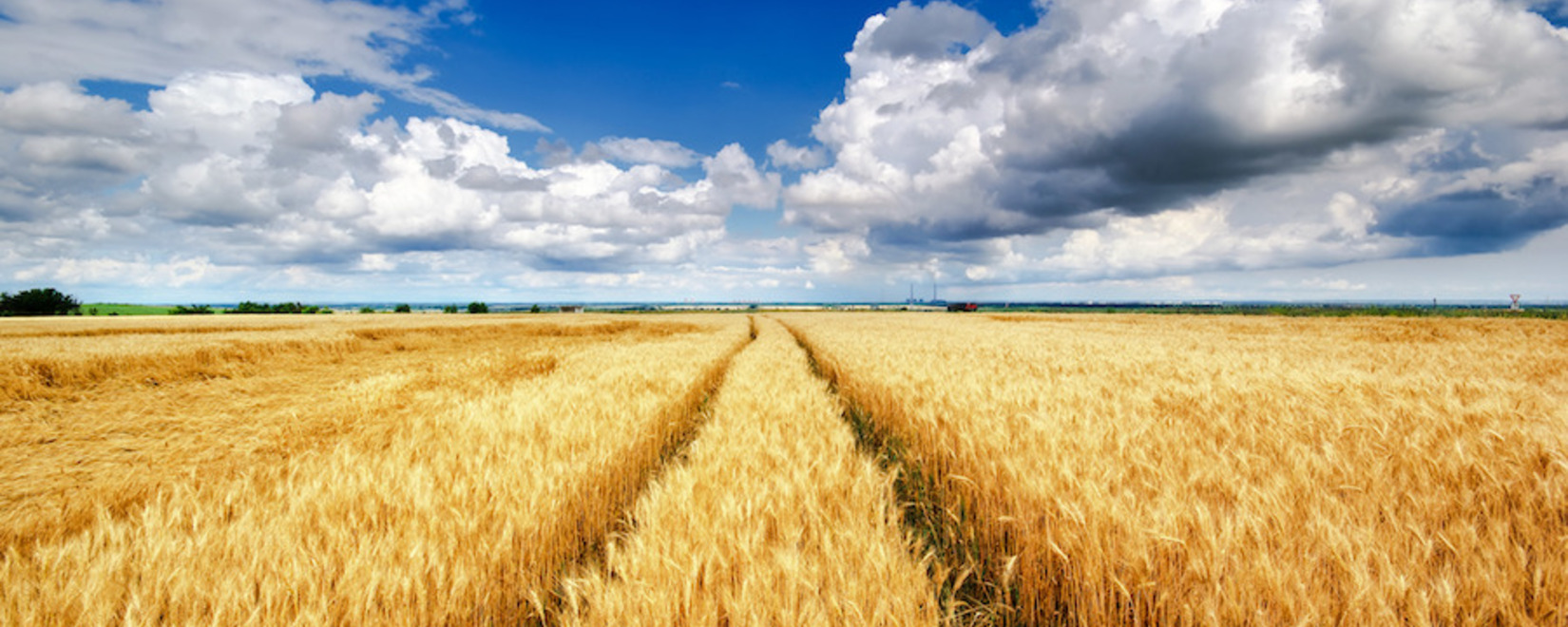The Association of Peasant (Farm) Farms and Agricultural Cooperatives of Russia (AKKOR) has stated the need to abolish the export duty on grain, which they believe is one of the main reasons for the decrease in profitability in agriculture. AKKOR President Vladimir Plotnikov emphasized that in the last two years, farmers have achieved a historical record by producing a total of nearly 300 million tons of grain. "Food exports have significantly increased, but peasants do not benefit from this.
Prices for products have significantly decreased, production costs have increased, and electricity tariffs remain higher than those for industrial enterprises," he added. Plotnikov noted that all of this could have serious consequences, such as reducing incomes and the outflow of personnel from agriculture. "Young specialists choose other industries with higher salaries.
If this continues, we may face serious problems in a few years. It is necessary to make agriculture attractive to workers in order to retain labor resources," he said. Plotnikov believes that in order for agriculture to become profitable and attractive for work, salaries should be higher than in cities, taking into account difficult living conditions and hard work.
"Otherwise, we will not be able to retain people in rural areas. And for this to happen, agricultural business must be profitable," Plotnikov stressed. Farmers have also raised the issue of abolishing the export duty on grain at the two previous AKKOR congresses in 2022 and 2023. Denis Ternovskiy, a research fellow at the Institute for Agricultural Economics and Rural Sociology of the Russian Academy of Sciences, told "Agroinvestor" that any restrictions on foreign trade lead to net economic losses.
At the same time, the logic of using these restrictions is based on income redistribution, in the case of export duties, from producers to consumers and the budget.
At the time the dampening mechanism was introduced, it was assumed that the negative consequences for producers would be offset by an increase in global prices. Additionally, it was assumed that the amount collected in duties would be fully returned to grain producers, partially compensating for their losses from lower prices in the domestic market. Ternovskiy noted that the emerging shortcomings were significantly less significant than the advantages - maintaining price stability for bread products for the population and feed for livestock breeders.
The main element of such a mechanism was the assumption that the duty is imposed on excess price increases exceeding a certain normal value. In 2021, this value was set at $200 for wheat. However, Ternovskiy believes that the duty is currently not fulfilling its damping function.
"The current base value of 17,000 rubles significantly lags behind overall inflation and rising prices for agricultural resources. Global prices do not currently appear abnormally high, so smoothing their fluctuations is not required. However, the duty is levied, fully passed on to domestic prices, and reduces the incomes of producers," the expert says.
He believes that in such conditions, it is necessary not to abolish the duty itself, as the mechanism has proven itself well in periods of global market instability, but to establish an adequate base price, for example, based on the average global prices over the past year.
From February 28 to March 5, the duty on wheat exports from Russia will decrease from 3952.9 rubles to 3800.6 rubles per ton, the duty on barley exports will increase from 190 rubles to 571 rubles, the duty on corn exports will decrease from 1083.5 rubles to 828.9 rubles per ton, according to the Ministry of Agriculture. The duty rate for wheat is calculated based on an indicative price of $243.5, for barley - $181.2, for corn - $185.2 per ton.

 Trading platform
Trading platform 
 Monitoring
Monitoring  Express applications
Express applications 
 Fork Work
Fork Work 
 Service
Service  News
News  Directory
Directory 
